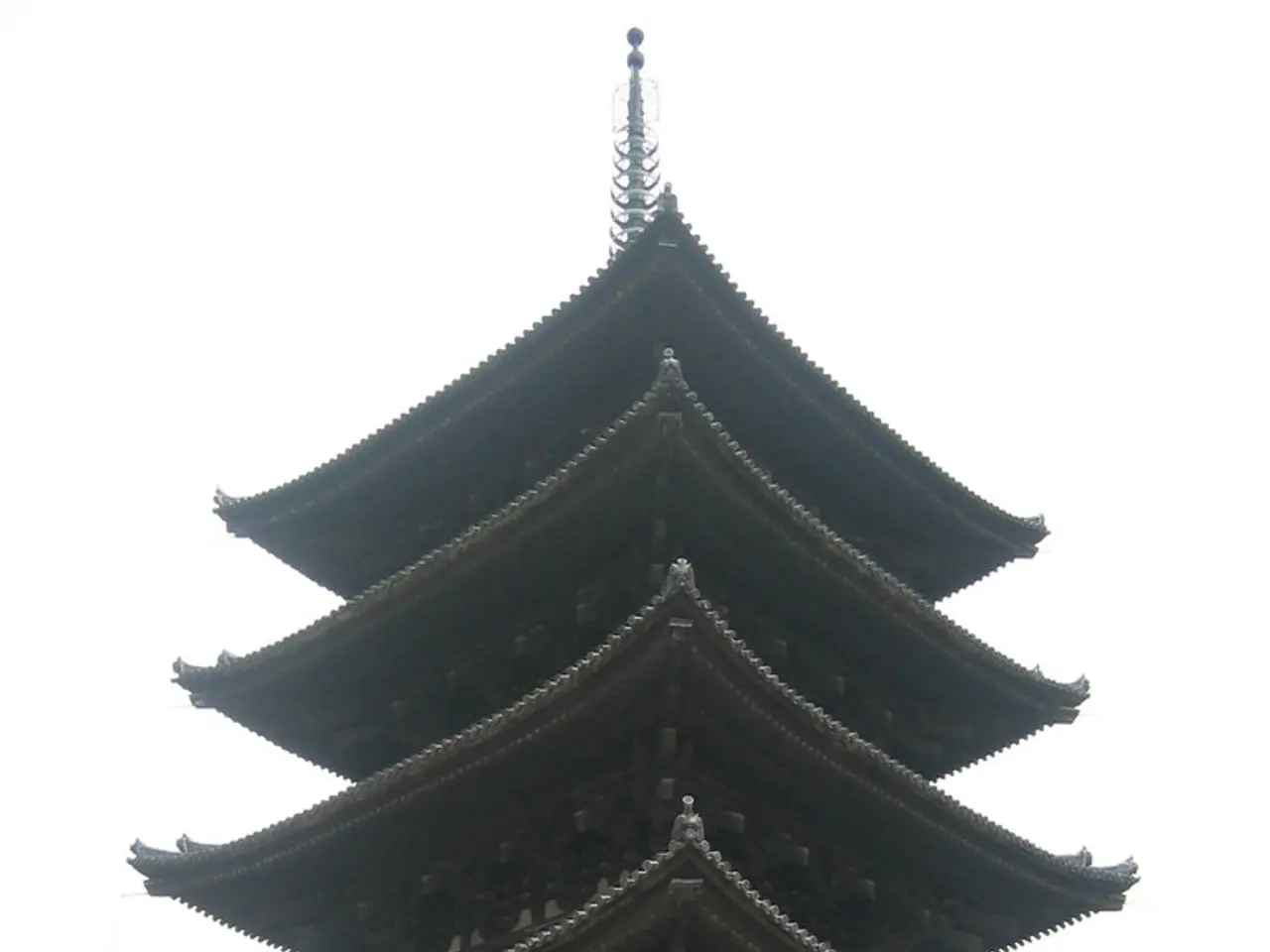China's Rebuttal to India's Support for Dalai Lama's Succession Strategy, as asserted by Kiren Rijiju
In a delicate geopolitical landscape, the question of the Dalai Lama's succession continues to be a sensitive topic that influences the relations between India and China. The present Dalai Lama, Tenzin Gyatso, has declared that his reincarnation and succession will be led by Tibetan religious traditions, challenging China's claim of authority over the process.
China, with historical practices dating back to imperial times, asserts its right to approve and select the next Dalai Lama. This claim is based on the use of an urn selection method from 1793, which aimed to control Tibetan religious affairs and maintain sovereignty over Tibet. Beijing views the Dalai Lama as a separatist threat and rejects any religious or political influence from the Tibetan community outside its control.
The Dalai Lama, however, has explicitly rejected Chinese interference, stating that it is inappropriate for the Chinese Communist Party, which rejects religion, to meddle in reincarnation matters. He has even suggested the possibility that his successor might be born outside China, a move likely to provoke Beijing further.
India, which hosts the Tibetan government-in-exile, the Dalai Lama, and the largest population of Tibetan exiles, maintains a cautious stance to avoid worsening ties with China. Indian leaders have generally avoided openly supporting the Dalai Lama’s claims about succession to prevent escalating tensions with China. However, some voices within India advocate for a clear stance recognising that the reincarnation is a Tibetan religious matter and should not be a political issue, urging the government to refrain from interference.
The resumption of the Kailash and Mansarovar Yatra for Indian pilgrims is considered the first step initiated by the two countries to normalize ties. However, the reincarnation dispute exacerbates existing geopolitical tensions between the two nations, particularly as relations are already strained over border disputes and regional influence. China's insistence on controlling the Dalai Lama’s succession is seen by India as part of Beijing’s broader strategy to assert dominance in Tibetan affairs, which India opposes due to the Tibetan exile community residing largely in India.
The ongoing dispute over the Dalai Lama's succession continues to be a sensitive political and religious flashpoint, reflecting larger struggles over sovereignty, human rights, and regional influence. The Indian government, in adherence to its commitment to freedom of religion for all, does not take a position on matters concerning beliefs and practices of faith and religion.
Recently, Kiren Rijiju, the Minority Affairs Minister, stated that the Dalai Lama and his organisation have the authority to identify his successor. This statement has been met with objections from China, which has asked India to exercise caution on Tibet-related issues. The Chinese Foreign Ministry spokesperson, Mao Ning, reacted to Rijiju's comments, stating that the 14th Dalai Lama has an anti-China separatist nature.
As India and China strive to improve their relations, following a meeting between Prime Minister Narendra Modi and Chinese President Xi Jinping, the Dalai Lama's succession remains a complex issue that requires careful navigation. The Dalai Lama himself has previously stated that his successor would be born outside China, adding another layer to the intricate dance of diplomacy between the two nations.
China's pursuit of control over the Dalai Lama's succession, based on historical practices and political interests, clashes with the Tibetan religious tradition's approach to reincarnation. This policy-and-legislation issue has significant implications for the politics and general news landscape, as it reflects broader struggles over regional influence and human rights.
India's Minister of Minority Affairs, Kiren Rijiju, has acknowledged the Dalai Lama and his organization's authority to identify the next Dalai Lama, a stance that raises political concerns in China, highlighting the ongoing sensitivity and impact of this issue on the diplomatic relations between the two nations.








